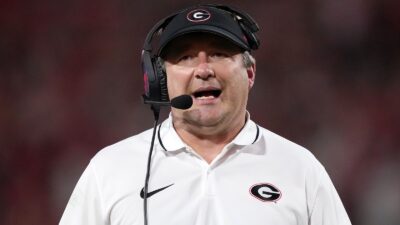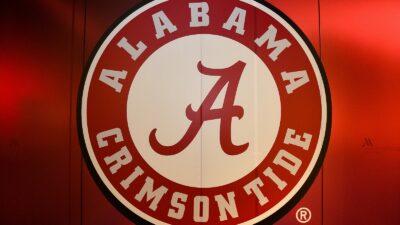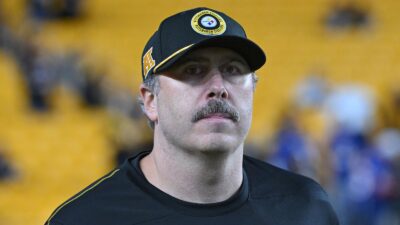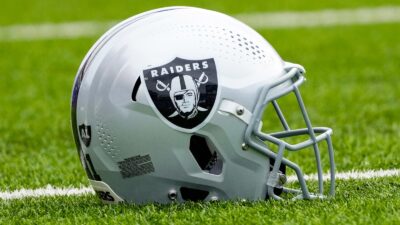 It’s been two years since the San Diego State football program was more known for its poor academic records than its success on the field, but that all has changed. The program fired Chuck Long and upgraded to Brady Hoke who rose to stardom at Ball State. After going 4-8 in Hoke’s first season on the job, the Aztecs improved to 8-4 this season, their best (and only winning) season since 1998.
It’s been two years since the San Diego State football program was more known for its poor academic records than its success on the field, but that all has changed. The program fired Chuck Long and upgraded to Brady Hoke who rose to stardom at Ball State. After going 4-8 in Hoke’s first season on the job, the Aztecs improved to 8-4 this season, their best (and only winning) season since 1998.
San Diego State has been pathetic for so long many people don’t realize the great names that school has helped produce. John Madden, Joe Gibbs, Don Coryell, Herm Edwards, and John Fox, have all either played and/or coached for the Aztecs. Their most notable player is Marshall Faulk who was a Heisman finalist in 1992 and recognized as one of the best running backs all-time. Though the program has been dormant for over a decade, Hoke has revived things and made the Aztecs relevant again.
The school began to get worried when Hoke interviewed with Minnesota about their vacancy and it seemed likely he would move on to a bigger job before long. In order to try and keep Hoke and build up the program, a donor stepped up and pledged $5 million to the team. The donor’s identity was revealed as Ron Fowler, the CEO of Liquid Investments which makes most of its money through beer distribution. Fowler has been heavily involved in the San Diego sports scene and no doubt wants to continue seeing the program succeed.
The first million he pledged will come through early next year and it will help pay for a raise in Hoke’s salary (potentially $1 million with incentives), give more money to the assistant coaches, and upgrade the facilities. San Diego State may never be a powerhouse program, but they have the potential to be at the top of the Mountain West as long as Hoke stays. For now, his contract is scheduled to keep him there until 2015. I don’t think he lasts there that long even with the contract extension. Not unless another donor steps up and boosts his salary to $2 million per season.












